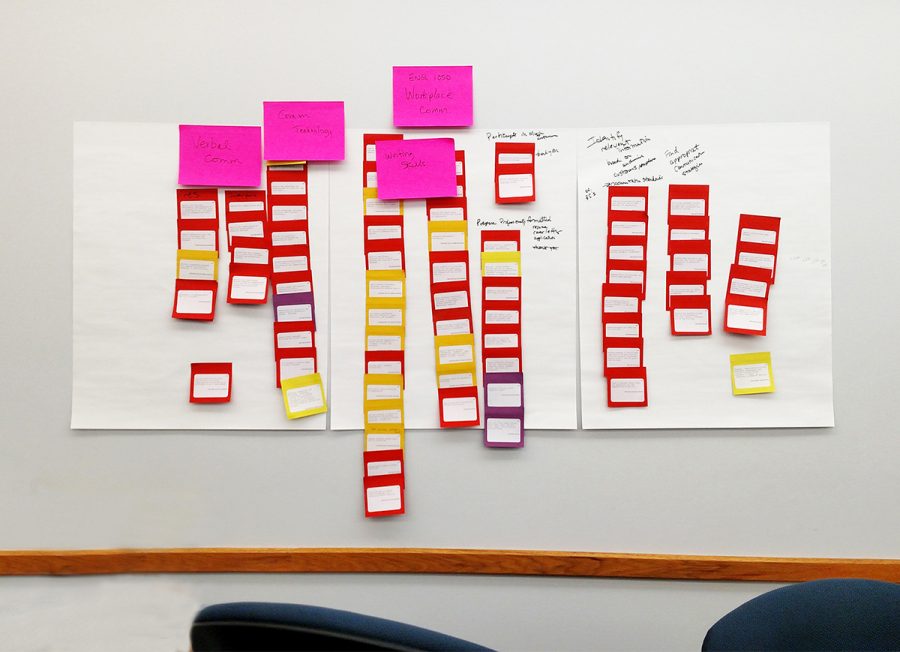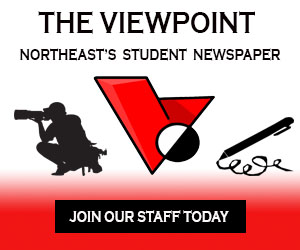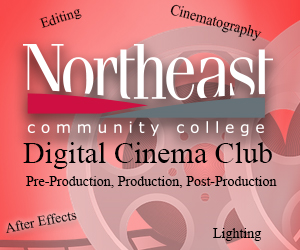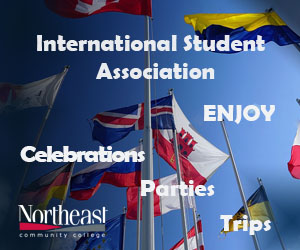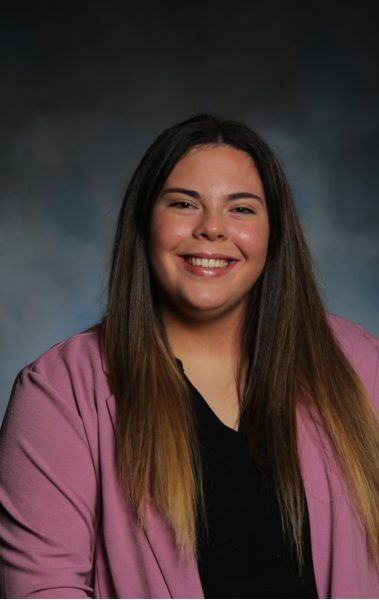Field trips lead to revisions for Northeast humanities courses
February 20, 2018
NORFOLK, NE – Field trips serve as a valuable tool to any student by allowing them to gain a better sense of real world experiences. Two Northeast Community College instructors have done something similar by incorporating what they learned during their own experiences off campus that will not only modify their particular classes, but also student learning outcomes that will last a lifetime.
Humanities instructors Carole Tharnish, English, and Jon Barnes, human relations, teach two of three classes that are typically taken by career and technical education (CTE) students in the Applied Technology division – Human Relations and Workplace Communication. The focus of their study was to look at humanities classes that center around CTE that are taken as part of a student’s associate of applied science degree.
“We wanted to make sure these classes are relevant to students,” Tharnish said. “And so, we looked to revise the curriculum so that it was applicable in their studies. We also wanted to be able to answer questions when students would walk in and say ‘Why do I need to take an English class?’ We wanted to be prepared to answer that question.”
Tharnish and Barnes worked with seven program areas in the Applied Technology division (auto body technology, building construction, electrical construction and control, diesel (agriculture and truck) utility line and wind energy technology). They said faculty members were more than willing to set up tours and connect them with employers across the region as well as have them participate in the redesign of their curriculums.
Barnes said the tours of 13 businesses in Norfolk and the region served as an important component to their study.
“Essentially, we were interested in how do soft skills, such as reading, writing, customer service, work ethic, and others, impact the field in which an employer specializes. When we spoke with employers, they shared a number of soft skills they have identified as very important in their new hires and even their existing employees. They said if they don’t come in with these skills, (employees) have a tough time getting started.”
Tharnish adds, “We heard over and over again that it impacts the bottom line. This includes proper documentation (of work orders), making sure they communicate effectively, and adequately explain whatever it may be to their customers.”
Tharnish and Barnes, who also had guidance from Kristi Rastede, English instructor, and Shanelle Grudzinski, associate dean of applied technology, came back and looked closer as to how to redesign the curriculum of three of their classes, Psychology 1000 (Human Relations), Job Search, and Workplace Communication.
The group studied the types of competencies that are typically taught in the humanities area from the relationship of what a particular program design had previously been.
“We just didn’t use competencies in our existing classes that had maybe been written quite a while ago,” Tharnish said. “We took a look at some models that were out there from different industries and programs and looked at the foundation skills, whether they were workplace competencies, academic competencies or personal effectiveness competencies.”
This helped give the instructors an outside view of what should be taught in these programs and support the various programs that are of interest to industry. This is where the local employers played a role in the process.
Tharnish said they knew they could not take a tour of every employer in the region, but they still wanted to get an idea for what they felt were the most important skills they desire in their employees.
The humanities instructors sent a survey to employers in specific technical areas and to career employment service agencies. The employers are those that typically hire Northeast graduates and have participated in Northeast’s Career Service’s Office job board and career fairs.
Tharnish said, “We took those competency statements and looked at 16 of them from the building block and asked, ‘Are these essential, not essential, or preferred as part of the jobs that these employers would use to hire our graduates?’”
Following the tours and meetings with employers, the group got down to work.
“After we went on our tours, we had a revision day for our curriculum,” Barnes said. “We had program faculty, and Shanelle and Kristi to walk us through this. It was sticky note city…..they were all over the place. We took what we currently have listed on the syllabi and said, ‘Where do these need to go? Are they in the right place? Are they still relevant?’”
After hours of review, discussion and planning, the group came up with a strategy to revise and rewrite the three courses, which include changes in course objectives, learning outcomes, prerequisite changes, and even a modification to a course name.
Tharnish calls it a “stepping stone.”
“They don’t always work in this order, but ideally, we see it working so students are getting these skills across the board and have it reinforced throughout their course of education at Northeast.”
Tharnish said program faculty will also have a better understanding of what will be taught in their humanities classes.
“After the first year, we think students will be well prepared for internships and use some of the soft skills they learn in human relations. After the second year, they are going to able to put out a top notch resume, be prepared for really
being a great interviewee, demonstrate their writing and speaking skills and find that job they want to find.”
The three revised courses will be taught beginning in the 2018-19 academic year.



